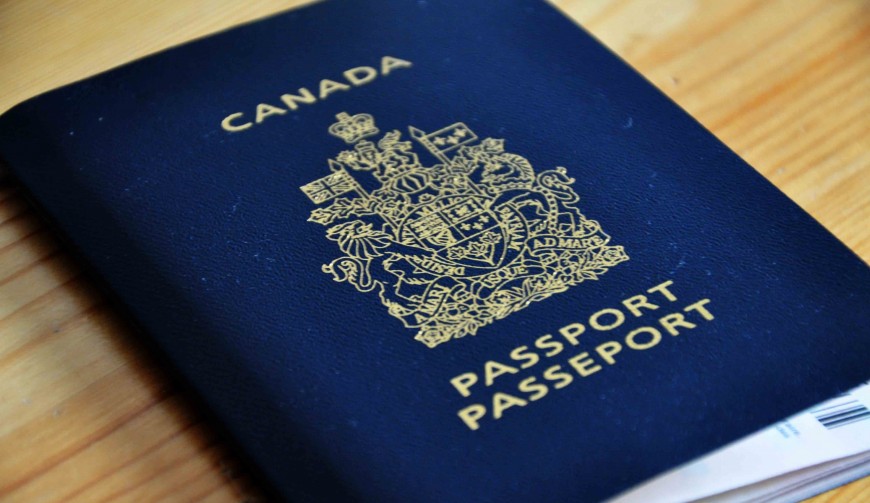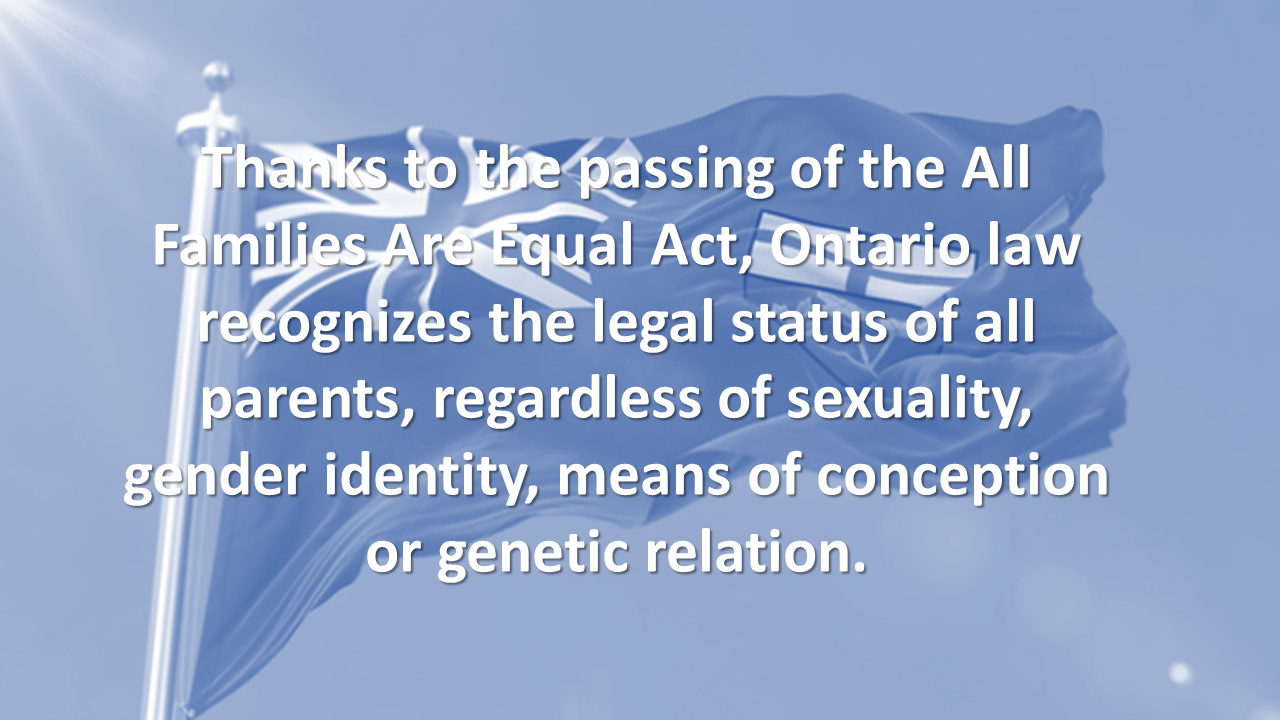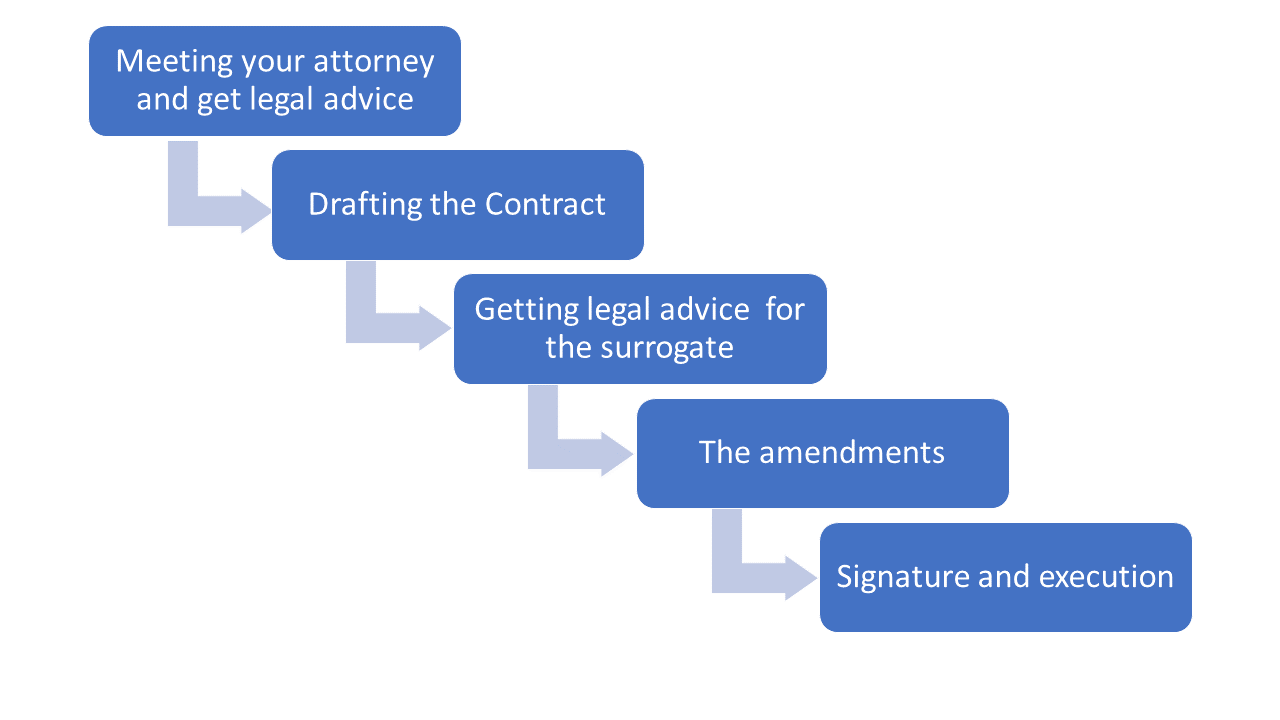Surrogacy in Canada can be a challenging process, all the process started with the match between the surrogate mother and the intended parents, then the desired pregnancy and finally the paperwork arrives to come back home with the baby!
What is the process to follow if you want to get the Canadian Passport for the baby?

International Intended Parents wanting to go home soon shouldn’t wait till the last minute to start preparing this step.
1- Before you apply: you’ll need the birth certificate which can serve as proof of parentage and proof of Canadian citizenship. In some provinces, you’ll require the court order as well. Do consult with your surrogacy attorney
2- Fill in the Child passport application form
3- Passport photos – you might want to do that when your baby is the most active during the day. In Canada the eyes unfortunately need to be open and it needs to be done by a certified photographer who will need to stamp the back of the photos, so you can’t use an app. It can be very difficult to try to take a pic of our son when he was 3 weeks old, or sleeping or crying because we were sitting him to take the pic. Also you need to hold their head but your hand cannot appear in the pic – not very easy.
4- Guarantor – For a new passport application for your child, you will need to find a guarantor to sign the application and one of the passport photos. You must have known the guarantor personally for at least two years, must have knowledge of the child and must hold a five year or ten year Canadian passport that is valid or has been expired for no more than one year, on the day you submit your application. Your surrogate mother could act as your guarantor if she has known you for more than 2 years and has a Canadian passport
If you don´t have a guarantor you will need to provide some references. If you have not known an eligible guarantor for at least two years, you’ll have to complete form PPTC 132 “Statutory Declaration in Lieu of Guarantor” available from any passport office or by telephone. The form you are going to provide must be sworn to or declared before, and signed by, a person authorized by law to administer an oath or a solemn declaration in Canada (a attorney or notary for example) . The references must have known you for at least two years (as minimum) and they will check it
5- References: you might want to provide at least 4 references (they cannot be family members) as they will need to get hold of at least 2 of them to process the passport application. If the references are not located in Canada, then the embassy/consulate of Canada in your home country will be notified and requested to contact your references.
6 Processing time:
If you apply for the Canadian passport in person at passport office is 10 business day and by mail is 20 business days. Also urgent and express services are some locations. If you apply for urgent you do it in and you need to show a proof of upcoming travel. However even if you pay for an express or urgent service, they cannot guarantee it, it would depend on them being able to reach the guarantor/references.
You can get more info about the process here:
http://www.cic.gc.ca/english/passport/child/apply-how.asp









